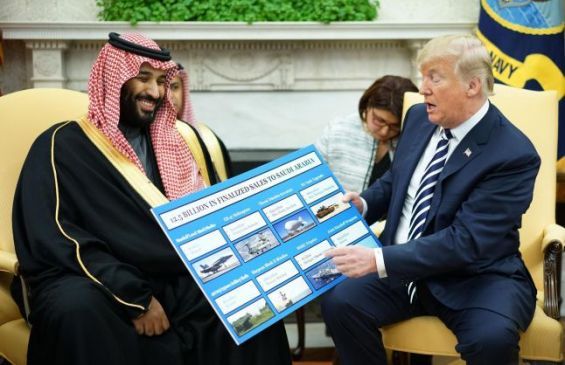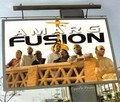President Donald Trump has been planning to gather Arab Gulf leaders in Washington to create a military alliance against Iran, informally dubbed the «Arab NATO». Initially, a similar idea was made public by Saudi Crown prince Mohamed Ben Salmane in 2015, during the Yemen war.
The prince’s objective was to bring together all Sunni Muslim states in a military alliance. His plan was achieved in November 2017, when Riyadh announced the creation of a «coalition», including 41 states to fight against Islamist terrorism and the growing influence of Iran in the region.
Meanwhile, Donald Trump had other plans. He wants to narrow down the number of members, calling his project «the Middle East Strategic Alliance». The president wants the group to include six Gulf monarchies, namely, Saudi Arabia, the United Arab Emirates, Qatar, Bahrain, Kuwait and Oman, in addition to Egypt and Jordan.
No room for Morocco
Israel could be the ninth but unofficial member of the new coalition. Tel Aviv cannot be declared an official member of the alliance, giving the political and religious circumstances in the Middle East. However, Israel maintains excellent diplomatic relations with most of the states to be part of the coalition and it shares with them mutual enmity for Iran.
As for Morocco, it has not been decided yet whether it is going to be part of the project or not. However, being a member of Donald Trump’s alliance would bring Rabat closer to Washington and help it benefit from the Gulf countries' financial aids.
Aids have been cut during the last few years due to the decreasing oil prices. Last June, Saudi Arabia, the UAE and Kuwait granted Jordan $2.5 billion during a social unrest, not to mention pressure put by the World Bank and the International Monetary Fund, pushing Amman to reduce public spending.
The recently discussed alliance is mainly planning to counter Iran by coordinating missile defenses, military training and counter-terrorism measures. The Washington summit is tentatively set for October the 12th and 13th.
For the record, Morocco cut diplomatic ties with Iran, citing Tehran’s support for the Polisario through Lebanese Shia party Hezbollah. Rabat’s decision in May was well received by Trump’s administration.





 chargement...
chargement...





 The best interest for morocco is to focus all his resources on developping and expanding his economy and services in africa and european markets.
The best interest for morocco is to focus all his resources on developping and expanding his economy and services in africa and european markets.








